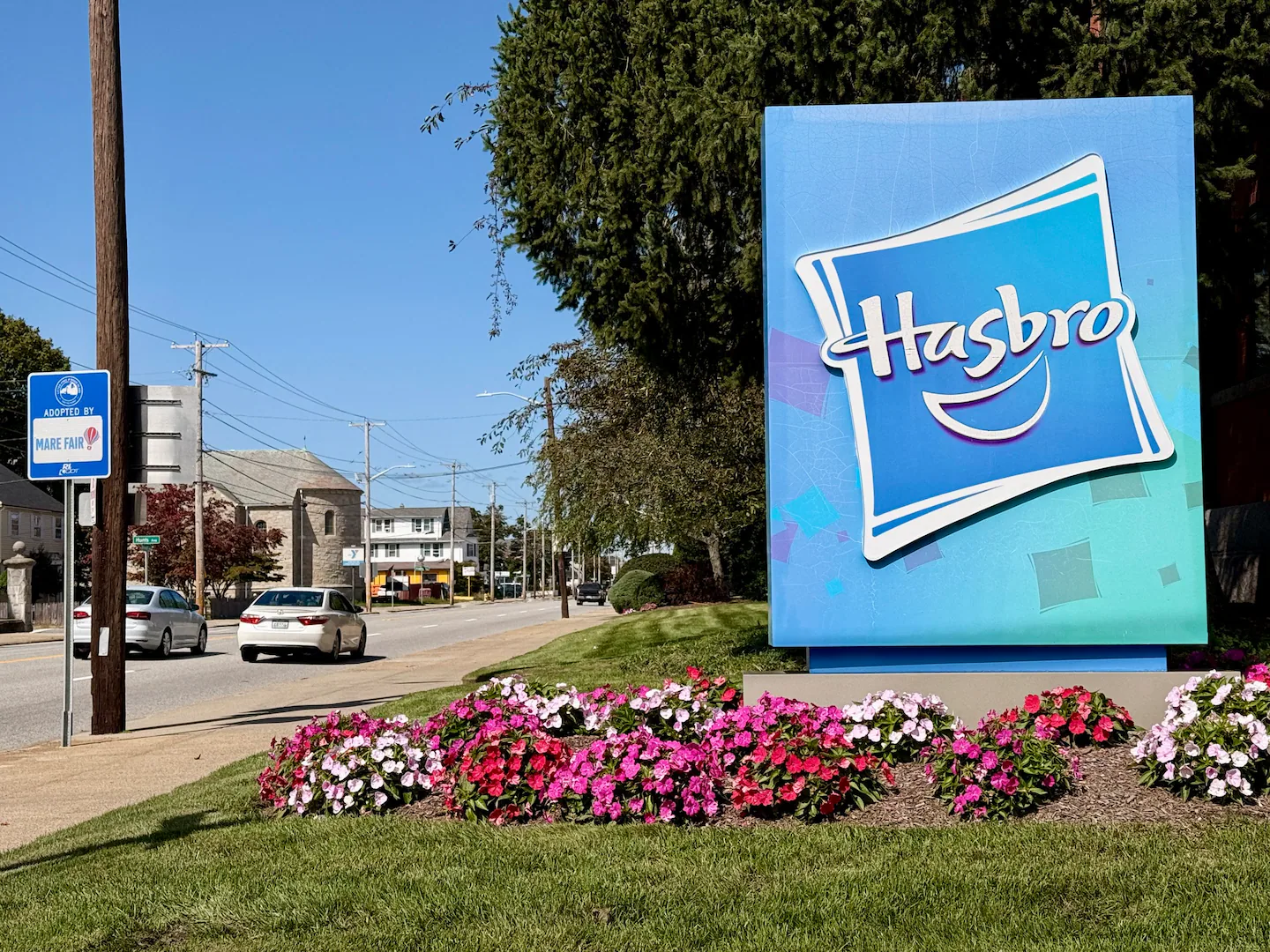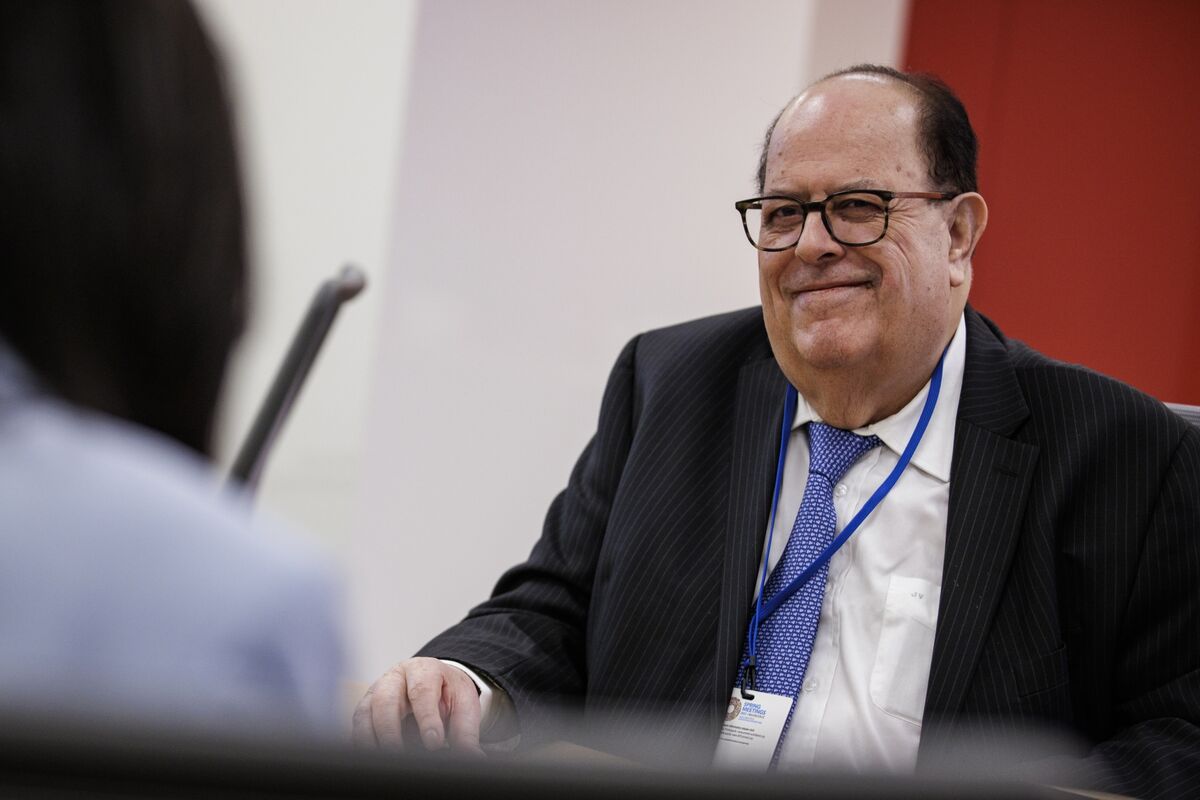
We share the grief and frustration of so many Rhode Islanders over Hasbro’s decision to relocate their corporate headquarters to Boston. Hasbro was started in Pawtucket by the Hassenfeld family, it grew here from an idea into a global company, and it employed thousands of our neighbors over more than a century.
Alexa Gagosz’s article published on Sept. 10 is absolutely right; this loss is “a symbolic and economic blow to Rhode Island.” It also feels personal; the rationale for leaving casts aspersions on the quality of place, conditions, and talent in Rhode Island — in other words, on all of us.
Many people have discussed the reasons behind Hasbro’s decision. Our purpose is not to rehash those but to offer three reflections that must not be lost in the finger-pointing or self-flagellation.
First, let Hasbro’s relocation serve as a clarion call to reimagine how Rhode Island approaches economic development. Too often, our strategies prioritize large-scale recruitment efforts over reciprocal, long-term commitment.
Advertisement
When Hasbro’s potential departure surfaced, the state responded swiftly with a package of incentives reportedly nearing $100 million, including land, customized workforce programs, and extended tax abatements. Meanwhile, many small businesses impacted by the I-195 bridge closure waited far too long for meaningful support.
Second, we should take this opportunity to preserve local businesses and expand employee ownership. Nationally, one in six jobs is with a business owned by someone likely to retire or exit that business in the next decade. In Rhode Island, that translates to 74,000 jobs. (Compare that to the 2,400 people Hasbro employed here.)
Advertisement
Where is the $100 million for ensuring that these businesses stay strong and local? Employee-owned businesses are significantly more likely to stay where they are, have greater pay equity (according to Salary.com, Hasbro’s CEO made $16.8 million in 2024, 160 times the median employee wage), are more resilient in economic downturns, offer higher comparative salaries than non-employee-owned companies, and are better at building employees’ long-term wealth and security, especially among people of color. In short, they offer virtually every sort of social and financial return our state should expect for its economic development investments.
Third, let’s get proactive. What is the plan for the Hasbro property in Pawtucket? Instead of leaving it vacant, let’s repurpose it in a way that has financial and community returns for the neighborhood. Perhaps Hasbro would be willing to turn the property over to a neighborhood trust, giving residents of Pawtucket an equity stake in a local asset. One company became exceedingly successful in this building; going forward, it could nurture the stability and growth of dozens of small businesses.
If there’s a silver lining in Hasbro’s departure from Pawtucket, it’s this: Rhode Island has an opportunity to recalibrate its economic development strategy — shifting focus from short-term recruitment wins to long-term, resilient relationships. From incentives to meaningful investments. From press releases to problem-solving. From chasing silver bullets to nurturing the solid businesses, entrepreneurs, and workers who already call Rhode Island home.
Small businesses employ half of our private sector workforce. They are the backbone of our communities, and our economic development priorities should reflect that. Rather than designing transportation solutions tailored to a single company, we can build a public transit system that serves all Rhode Islanders. Rather than courting executives drawn to glitzier markets, we can meet the everyday needs of our existing businesses — with tools like grants for property improvements, flexible working capital, and equity infusions that don’t hinge solely on credit scores or collateral. And rather than offering our most valuable land to large corporations, we can empower real estate entrepreneurs rising from within our neighborhoods.
Advertisement
These kinds of investments don’t just support businesses — they build generational wealth and stability for thousands of Rhode Islanders.
Admittedly, we have something at stake here. We’re Rhode Islanders, through and through. Our families are rooted here, and we are invested in our state’s future. We love our neighborhoods and the locals that make them interesting, genuine, and vibrant.
We’re also literal community investors. Our organization built Rhode Island’s first-ever community investment fund, a vehicle for every Rhode Islander to have a stake in our state’s economic future. Designed to offer “possibility capital” for projects that have financial and community returns, the fund is just one of the alternative models of economic development that we know are possible.
We are never going to be the Boston Seaport (and we would not want to be). We need a resilient economy that offers every Rhode Islander a chance to thrive. We need vibrant places where people feel connected. We need relationships of mutual care. Let this be the moment Rhode Island commits to an economic development strategy that makes these things a priority.
Advertisement
Josh Daly and Jessica David are co-founders of Local Return and the Rhode Island Community Investment Cooperative.



